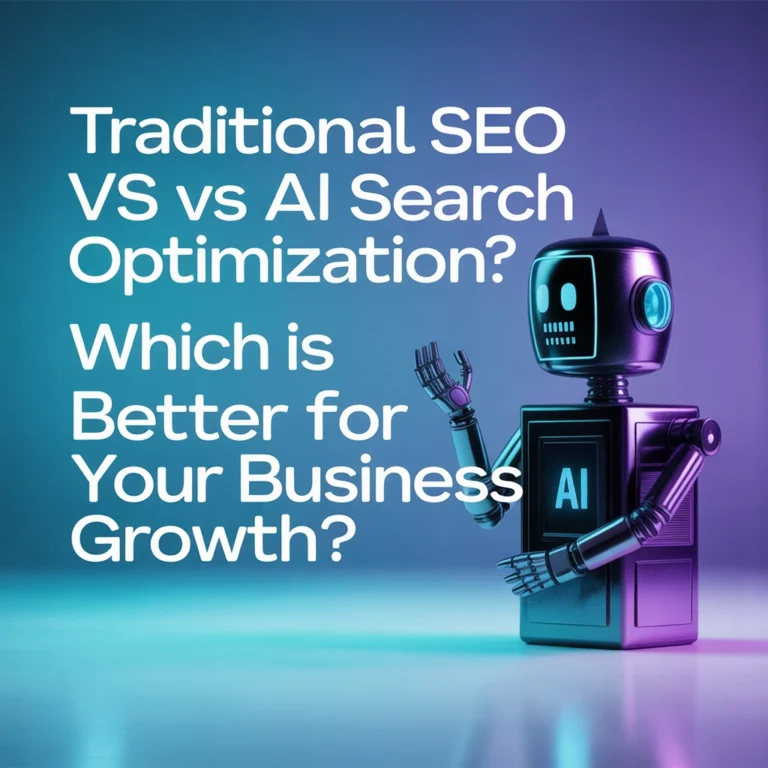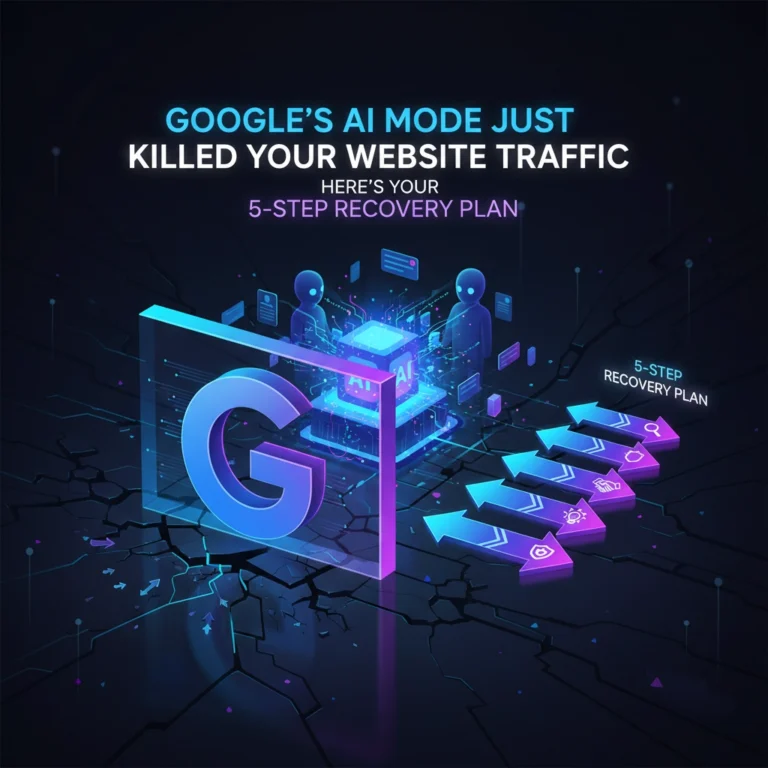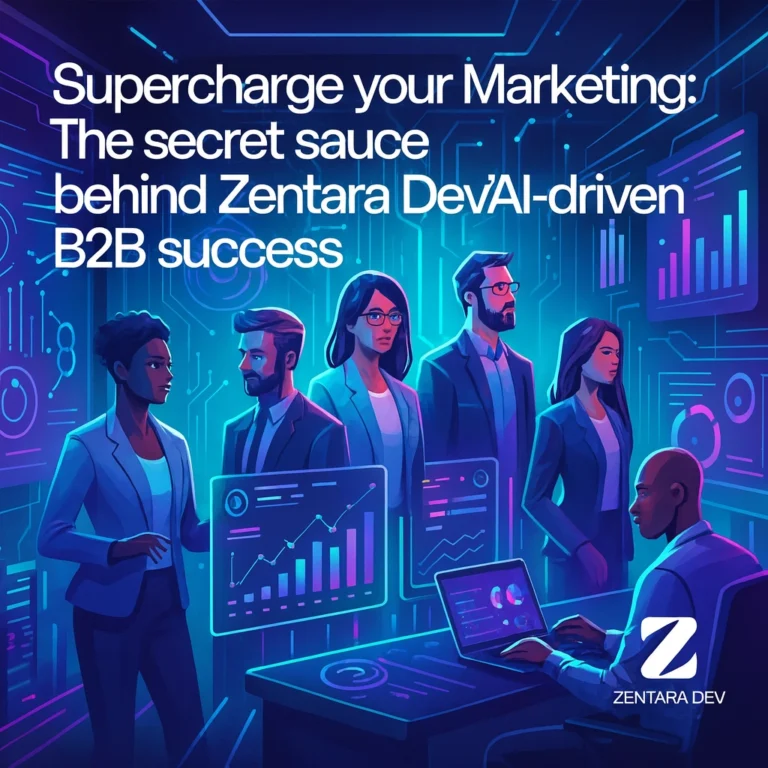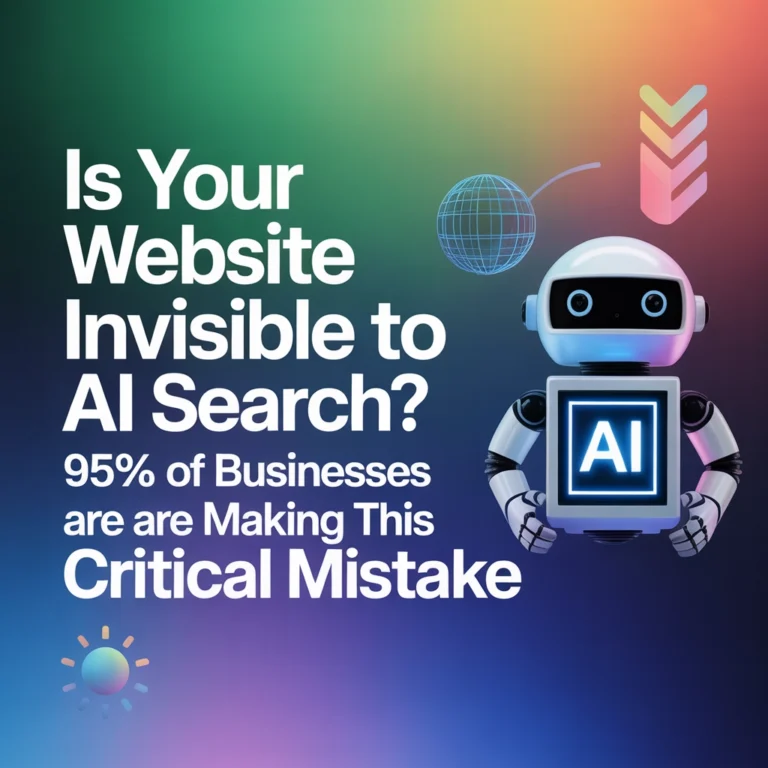90% of Websites Are Blocking AI Search Results Without Knowing It (Here's How to Fix Yours in 5 Minutes)
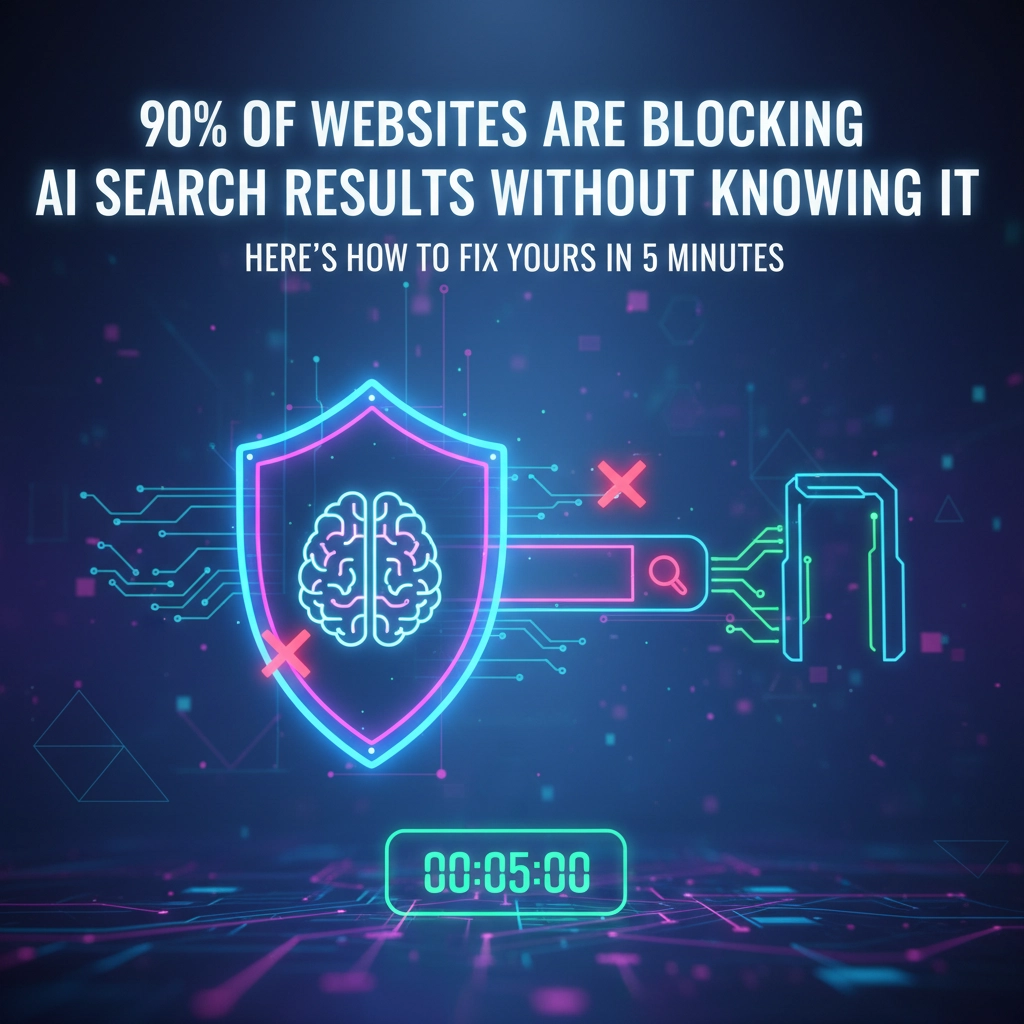
Here's a shocking truth that might surprise you: that 90% statistic is completely wrong.
In fact, the real data tells a completely different story – one that reveals a massive opportunity most businesses are missing while they worry about the wrong things.
The Real Numbers Will Blow Your Mind
Let's cut through the noise and look at what's actually happening. According to the latest web crawling data, GPTBot (OpenAI's crawler) – the most blocked AI bot on the internet – is only blocked by 5.89% of websites. That's not 90%. That's not even close.
ClaudeBot, which has seen the highest growth in blocking rates, increased by 32.67% over the past year. Sounds scary, right? But even with that growth, we're still talking about a tiny fraction of the web.

The reality? Most websites are NOT blocking AI bots. And here's the kicker – they shouldn't be.
The AI Bot Explosion You Need to Know About
While everyone's panicking about blocking, something incredible is happening behind the scenes. The number of AI bots crawling the web has doubled since August 2023. We now have 21 major AI bots actively scanning websites, and they're not slowing down.
These AI crawlers have rocketed to 2nd place behind traditional search engine bots, now accounting for 25% of all web requests. Think about that for a second – one in every four requests hitting your server could be from an AI system learning about your content.
Why Blocking AI Bots Is Business Suicide
Here's where it gets interesting. The data reveals something that should make every business owner sit up and pay attention: websites with more organic search traffic get mentioned more in AI search results.
This creates what we call the "AI visibility loop." The better you perform in traditional search, the more visible you become in AI-powered platforms like ChatGPT, Perplexity, and Google's AI Overviews.
But here's the plot twist – 80% of sources cited by AI search platforms don't appear in Google's traditional results. That means there's a whole new world of search visibility opening up, and most businesses don't even know it exists.

The Content Revolution That's Already Here
Want to know something that'll really bake your noodle? 74% of all new web content includes AI-generated elements. And guess what? It's not hurting rankings. In fact, 86.5% of content in the top 20 search results is at least partially AI-generated.
The search landscape isn't just changing – it's been revolutionized while most people weren't paying attention.
The 5-Minute Fix (It's Not What You Think)
Forget about blocking AI bots. Here's what you should actually do in the next 5 minutes:
Step 1: Check Your Robots.txt (2 minutes)
Open your robots.txt file and make sure you're NOT blocking these crucial AI crawlers:
- GPTBot (OpenAI)
- ClaudeBot (Anthropic)
- ChatGPT-User (OpenAI)
- Perplexity Bot
- Google-Extended
If you see any "Disallow" rules for these bots, remove them immediately.
Step 2: Optimize Your Content Structure (2 minutes)
AI bots love clear, structured content. Make sure your pages have:
- Clear headings (H1, H2, H3)
- Descriptive meta descriptions
- Structured data markup
- Clean, readable content
Step 3: Fresh Content Check (1 minute)
AI search platforms prefer fresh content – they cite sources that are 25.7% fresher than traditional organic results. Check when you last updated your key pages and prioritize recent, valuable content.

The Hidden AI Search Opportunity
While your competitors are worried about blocking AI bots, you can be capturing this massive opportunity. AI search results are becoming the new battleground for customer attention, and early adopters are already winning big.
Think about it: when someone asks ChatGPT or Perplexity a question related to your industry, wouldn't you want your business to be the source it recommends?
What Smart Businesses Are Doing Instead
The companies that are thriving in this new landscape aren't blocking AI – they're embracing it strategically. They understand that AI search is creating new pathways to customer discovery that didn't exist before.
At Zentara, we've seen businesses increase their digital visibility by 300% or more by optimizing for AI search instead of fighting it. Our AI SEO services help companies position themselves as the go-to source when AI systems need authoritative information.

The Three Types of AI Search Traffic
Understanding how AI search works reveals three distinct traffic opportunities:
Direct AI Citations: When AI chatbots mention your brand or content directly in their responses.
Follow-up Traffic: Users who get information from AI but want to learn more from the original source.
Research Traffic: People using AI to research before making decisions, then visiting recommended sites.
Each type requires a different optimization approach, but they all start with the same foundation: making your content accessible and valuable to AI systems.
Your Next Move
The businesses that will dominate the next decade aren't the ones blocking AI – they're the ones that figure out how to work with it first.
Instead of worrying about that mythical 90% of websites blocking AI (which isn't happening), focus on the real opportunity: positioning your business as the trusted source AI systems turn to when they need expertise in your field.

The choice is yours. You can spend time blocking the future, or you can spend 5 minutes setting yourself up to dominate it.
The AI search revolution is here. The question isn't whether you should block it – it's whether you're ready to lead it.
Want to see how AI search optimization can transform your digital presence? Check out our case studies to see the real results businesses are achieving when they embrace AI instead of fighting it.
The future belongs to the businesses that adapt fastest. Which side of history will you choose?

